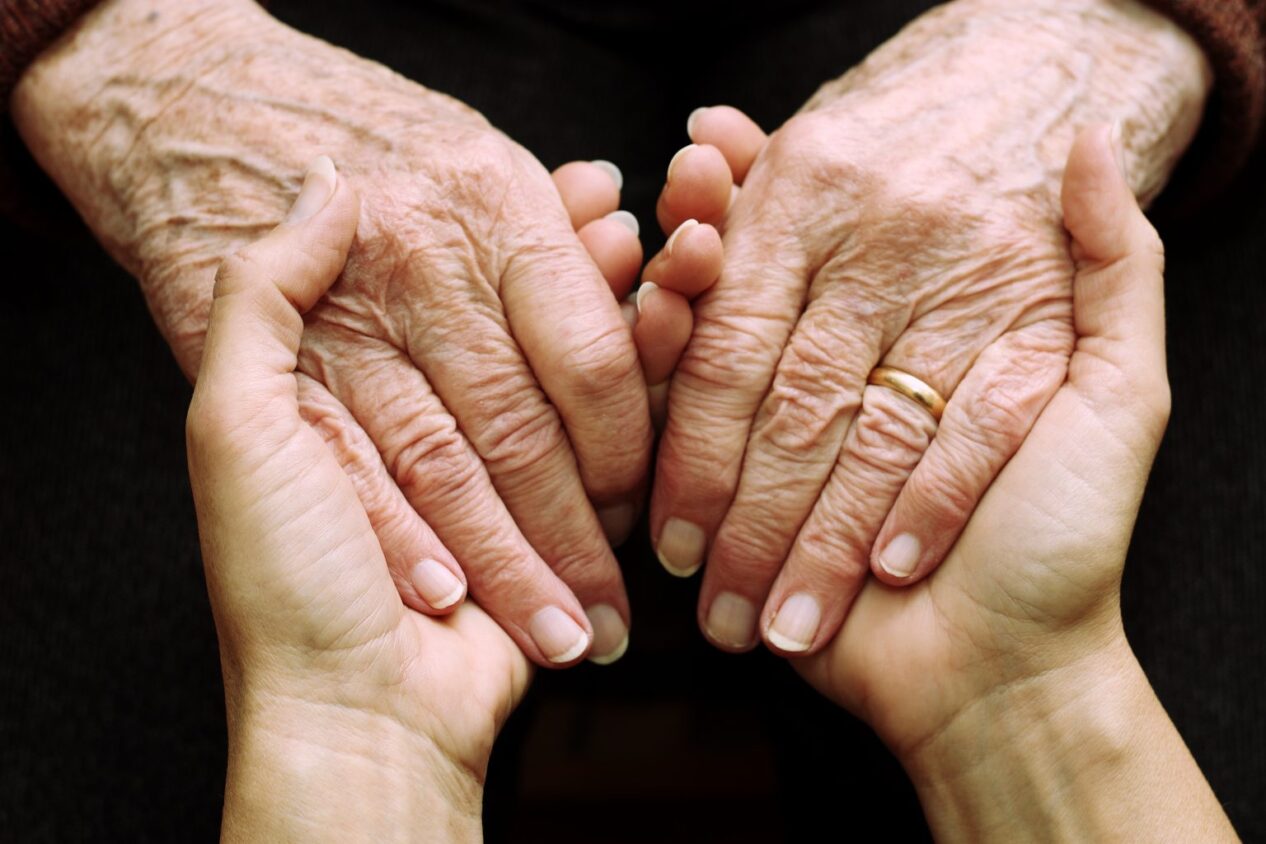Suicide is the tenth leading cause of death in the United States, according to Mental Health America. While older adults account for only 12 percent of the current U.S. population, they account for over 18 percent of suicide deaths.
In addition, the risk of suicide in older adults rises significantly with age. Issues such as social isolation, chronic substance abuse, and weakening physical health play significant roles in suicide risk. Older adults may also experience added stress due to the rising costs of retirement and health care.
The primary focus for the media on the discussion of mental health revolves around increasing suicide rates in younger adults and adolescents. While important, these discussions don’t acknowledge the need for community outreach for older persons. Given issues such as “empty nest syndrome” or the loss of loved ones with age, many seem to also associate depression and isolation as simply parts of aging.
“One of the most important things we can do to reduce risk of suicide is encourage people to connect socially,” said Elizabeth Zelinski of the USC Leonard Davis School of Gerontology. “By things such as co-residence, volunteering, visiting other senior centers, and finding new sources of meaning in their life, older adults can cope and bond together rather than alone.”
Zelinski, professor of gerontology and psychology, conducts studies evaluating cognition, memory, and language comprehension in older adults. Her work examines the complex relationship between peoples’ perceptions of their memory ability and their actual performance.
Warning signs such as foregoing medical regimens and preoccupations with thoughts of death should be taken seriously and with the highest priority, according to the American Association for Marriage and Family Therapy. Seeking out a mental health therapist or trained practitioner can make a significant difference.
Communities have the chance to connect members with one another as a means of preventing feelings of isolation or loneliness. Communication, whether through small talk or a lengthy conversation, is the simplest form of help anyone can provide to a person struggling with their mental health.
If you or a loved one has experienced thoughts of suicide or depression, help is available 24 hours a day, 7 days a week. Call the National Suicide Prevention LifeLine at 1-800-273-TALK (8255).





